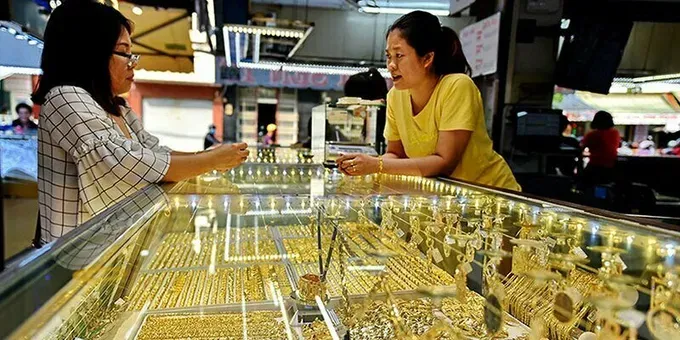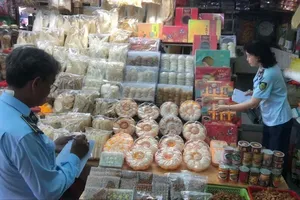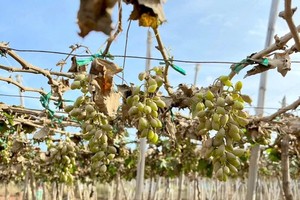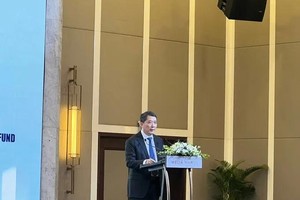
Gold trading enterprises, including Bao Tin Minh Chau, PNJ, and DOJI, have issued notices detailing the new requirements for customers trading gold bars and rings:
- Small Transactions: For daily transactions (buying or selling) under VND20 million (US$757.61) by a single customer, payment can be made using cash or bank transfer.
- Large Transactions: For daily transactions (buying or selling) totaling VND20 million or more by a single customer, payment must be made via bank transfer from the customer's account to the gold business's account.
The new policy reforms Vietnam’s state monopoly on gold bars. Under the revised framework, the State Bank of Vietnam (SBV) will authorize a limited number of qualified banks and enterprises to import and produce gold bars. To obtain a production license, applicants must already hold a valid license to buy and sell gold products and meet the minimum capital requirements such as VND1,000 billion for enterprises and VND50,000 billion for banks.
The State Bank of Vietnam is finalizing a circular to guide the implementation of Decree 232, expected to be issued on October 10. The draft circular introduces new regulations governing a wide range of gold-related activities, including the production, import, export, and trading of gold jewelry, gold bars, and fine art gold.
In terms of import limits, the SBV will determine the total import quota based on monetary policy objectives, gold supply and demand, and the scale of the nation’s foreign exchange reserves. Enterprises and commercial banks that meet qualification requirements and wish to obtain an import quota for the following year must submit their applications by November 15. The SBV will then announce its decision approving or denying quota allocations by December 15 each year.
The SBV states that the overarching goal of the new policy is to ensure an abundant gold supply, foster a transparent and competitive market, and provide consumers with more choices. By involving multiple players, the SBV anticipates a reduction in monopolistic conditions, lower costs, and a narrowing of the price gap between domestic and international gold markets.
























